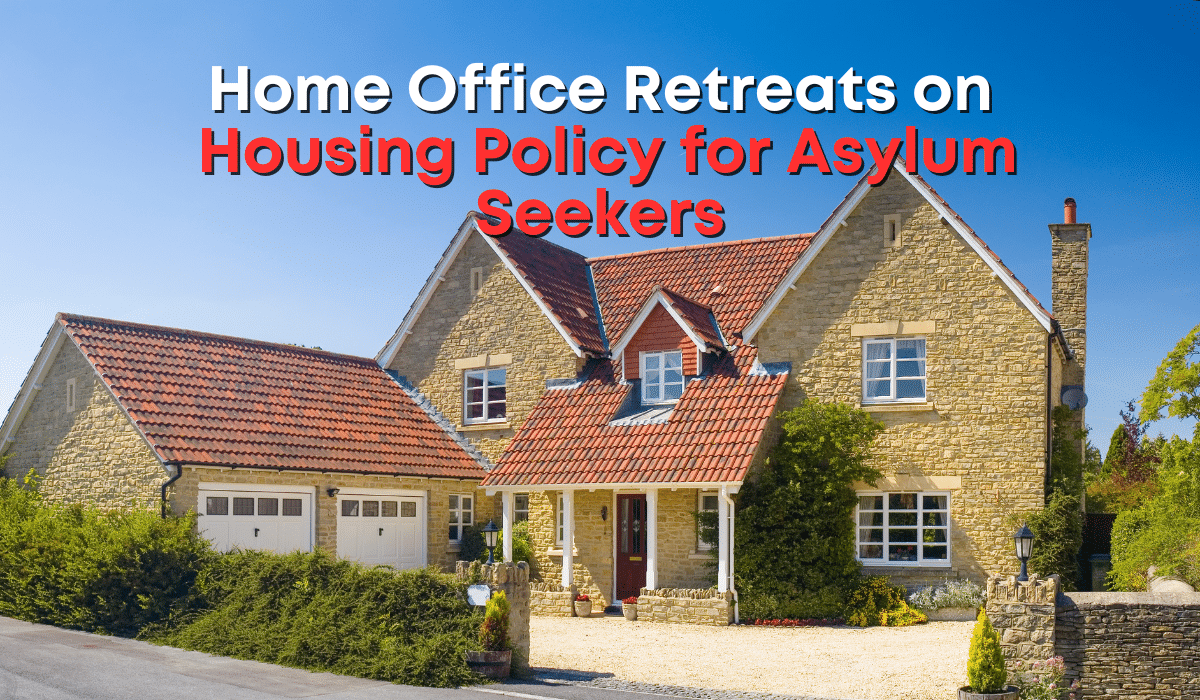UK Home Office has retracted a draft policy that aimed to remove housing protections for asylum seekers. The plan proposed exempting landlords accommodating asylum seekers from adhering to houses in multiple occupation (HMO) regulations, which safeguard the rights of tenants.
The proposed changes sought to allow landlords in England and Wales to house asylum seekers for up to two years without the need for an HMO licence, a standard for landlords renting to multiple households in one property. The policy was withdrawn hours before a scheduled high court challenge by eight asylum seekers, reverting to the previous stance where all HMO residents, including asylum seekers, are entitled to equal protection.
The plans were initially put forward by former Home Secretary Suella Braverman and Housing Secretary Michael Gove. Gove later expressed opposition in a letter to the Prime Minister. Laid before Parliament in March 2023 and remaining in draft form, the regulations are now expected to be officially withdrawn.
The Chartered Institute of Environmental Health (CIEH), which contributed evidence for the legal challenge, welcomed the decision. CIEH emphasises the risks of a two-tier system and the potential for exploitation by unscrupulous landlords.
A government spokesperson cited the success in utilising existing sites and alternative accommodations as reasons for not pursuing the removal of licensing requirements, emphasising efforts to move asylum seekers out of hotels to reduce costs to UK taxpayers. The government further affirmed its commitment to continuously reviewing policies as it collaborates with local authorities to identify suitable accommodation alternatives.
The case demonstrates the power of legal challenges and advocacy in shaping and contesting government policies, reflecting the ongoing dialogue between state actions and public interests.
Get in touch: For a comprehensive understanding of your options or queries on UK immigration matters, reach out to GigaLegal at 02074067654 or click here to book a no-obligation consultation with an immigration expert.


